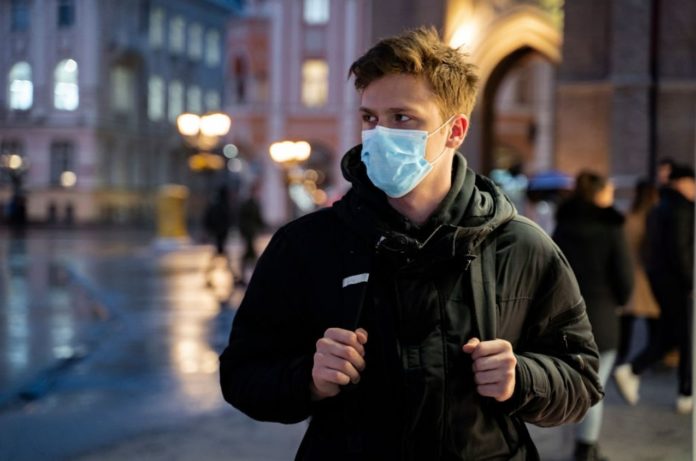All you need to know about B.1.1.529 – New COVID variant found in South Africa
What distinguishes the new Corona variant from the previous ones is the number of mutations: virologists have so far been able to identify 32 mutations in the so-called spike proteins with which the virus docks to the cells in the human body.
Do we need to be concerned about this new variant?
Scientists have discovered a new Covid-19 type known as B.1.1.529 and are investigating its potential consequences. In South Africa, Hong Kong, and Botswana, approximately 50 confirmed cases have been detected.
According to scientists, B.1.1.529 possesses a very odd constellation of mutations that could enable it dodge the body’s immune response and become more transmissible. Any new strain capable of evading immunizations or spreading faster than the now-dominant Delta strain could pose a huge threat as the globe recovers from the pandemic.
Where exactly has it been found?
Early signs from diagnostic laboratories suggest the variant has rapidly increased in the South African province of Gauteng and may already be present in the country’s other eight provinces.
In a regular daily update on confirmed cases nationally, the National Institute for Communicable Diseases (NICD) reported 2,465 new Covid-19 infections, slightly less than double the previous day’s infections. The NICD did not attribute the latest resurgence to the new variant, although some leading local scientists suspect it is the cause.
South Africa has confirmed about 100 specimens as B.1.1.529 but the variant has also been found in Botswana and Hong Kong, with the Hong Kong case a traveller from South Africa. As many as 90% of new cases in Gauteng could be B.1.1.529, scientists believe.
How does it compare to other variants?
Senior scientists on Thursday evening described B.1.1.529 as the worst variant they had seen since the start of the pandemic. It has 32 mutations in the spike protein, the part of the virus that most vaccines use to prime the immune system against Covid. That is about double the number associated with the Delta variant. Mutations in the spike protein can affect the virus’s ability to infect cells and spread, but also make it harder for immune cells to attack the pathogen.
The Delta variant was first detected in India in late 2020 but has since spread around the world, causing an increase in case rates and deaths. Other coronavirus variants include Alpha (which originated in Kent in the UK), Beta (formerly known as the South African variant) and Gamma (originally found in Brazil). It has been suggested, following a drop in cases in Japan, that variants can “mutate themselves out of existence”.
What new restrictions are being imposed?
The British government announced that it was banning flights from South Africa and five other southern African countries effective at noon (1200GMT) on Friday, and that anyone who had recently arrived from those countries would be asked to take a coronavirus test.
U.K. Health Secretary Sajid Javid said there were concerns the new variant “may be more transmissible” than the dominant delta strain, and “the vaccines that we currently have may be less effective” against it.
Recent arrivals from southern Africa will also be tracked down and offered tests in an effort to avoid the introduction of the new strain.
Israel also announced it will ban its citizens from travelling to southern Africa – covering the same six countries as well as Mozambique – and barring the entry of foreign travellers from the region.
What does the new variant mean for the World and what might it mean for Christmas?
It is too early to tell. Scientists are working around the clock to understand more about the new variant. Because the variant has only recently emerged, scientists do not yet have evidence of its transmissibility or ability to evade vaccines. With a month to go until Christmas, there will be concerns that the variant – if it is allowed to spread – could trigger the need for further restrictions.
It could be a few weeks before scientists have complete information about the variant – and how serious a threat it may pose to the world.
Is there anything you can do to protect yourself?
Yes. The advice remains to get vaccinated if you have not done so already. People who are aged 40 and above and received the second dose of their vaccine at least six months ago are currently eligible to have their booster now.
Image Credit: iStock
Image Credit: B.1.1.529: How serious a threat it may pose to the world
